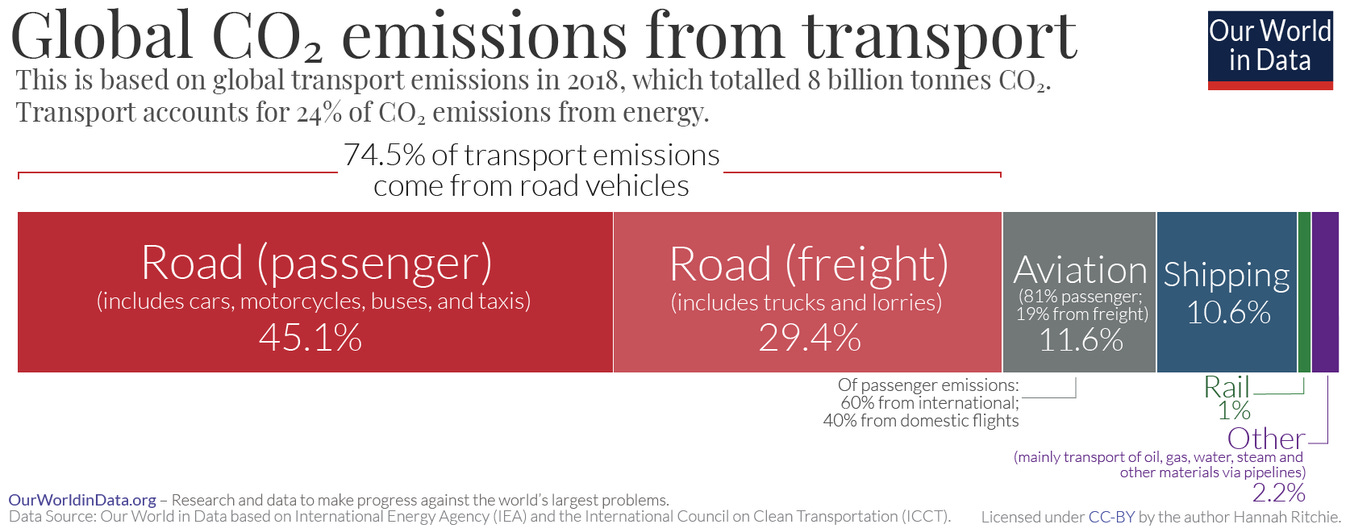Have you ever thought about why it is more expensive to use the train rather than the airplane? Why can a train journey from London to Newport (South Wales) be more expensive than a flight to Barcelona or Rome?
Last year Greenpeace analysis revealed that the UK has the biggest price difference between trains and flights in Europe. In all the international routes analysed by Greenpeace:
“The flight is always clearly cheaper, except for London–Brussels where the train is cheaper for 2 out of 9 trips. The most expensive train route found in this analysis is the route from Barcelona to London. The train costs on average more than 10 times the price of a flight, and nearly 30 times more on a short-term trip (Ryanair flight: €12.99, train: €384).”
And that was not only for international journeys, domestic routes such as London to Edinburgh were considerably cheaper by plane compared to train; the same for the night train route from London to Inverness in Scotland.
But why?
One of the main reasons according to Greenpeace is the regulation system that supports airlines, with the main contributor the taxation of aviation fuel. At present, while motor fuel is charged with excise duty, at a rate of around 53p per litre for petrol and diesel, with VAT then added on top, aviation kerosene which is used in jet engines is exempt from tax. In addition the (relatively) low taxes on plane tickets make their prices even more competitive – note that a lot of what are often called ‘taxes’ on flights are not government taxes (except Air Passenger Duty) but fees charged by airports or carriers themselves and are not actually tax.
The lack of tax is not the only reason that plane fares are cheaper, it is also the government subsidies which have as a result also made plane tickets prices even more competitive. The aviation industry received subsidies around £7 billion after the COVID-19 pandemic to encourage passengers back to travel after the lockdowns.
The fact that UK train fares are the highest in Europe means that, even if regulation and taxation changes in the aviation industry, there is no guarantee that the train fares will be cheaper. Looking at a single trip around 50 miles for a specific day, the UK has the highest price per mile for train fares compared with all other European countries.
One of the reasons for higher train fares in the UK, is the privatisation of UK rail has not met its objectives. The privatisation of the UK rail system has not so far increased competition among the rail companies along many routes, and as a consequence the anticipated reduction in the price of the tickets has not occurred. The UK privatisation system franchises train routes to one company for around 7 to 10 years, which may give a feeling of security to a company with little scope for increasing competition or reducing fares.
There is the argument that rail is a natural monopoly, as there are only a few tracks that trains can use, privatising them with a franchise system has a consequence to create private monopolies that doesn’t increase the competition and lower the train fares. There are some ‘open access’ rail operators which, in some cases, did initially offer somewhat lower prices on their routes, but many of these have since been bought by existing rail operating companies anyway.
But why does Greenpeace prefer the rail over the plane?
Rail travel is one of the most environmentally friendly means of transport as it is responsible for less than 1% of CO2 emissions, while on the other hand aviation travel accounts for 11.6% of transport emissions. According to an independent analysis commissioned from Eurostar, taking the train instead of flying cuts your CO2 emissions by a staggering 90%. But of course cars, trucks and lorries still count for the majority CO2 emissions from transport.
This is the reason why Greenpeace advocates for more use of train travel compared to short-haul flights, but this is unlikely to be achievable without regulatory changes to support more affordable rail fares.





